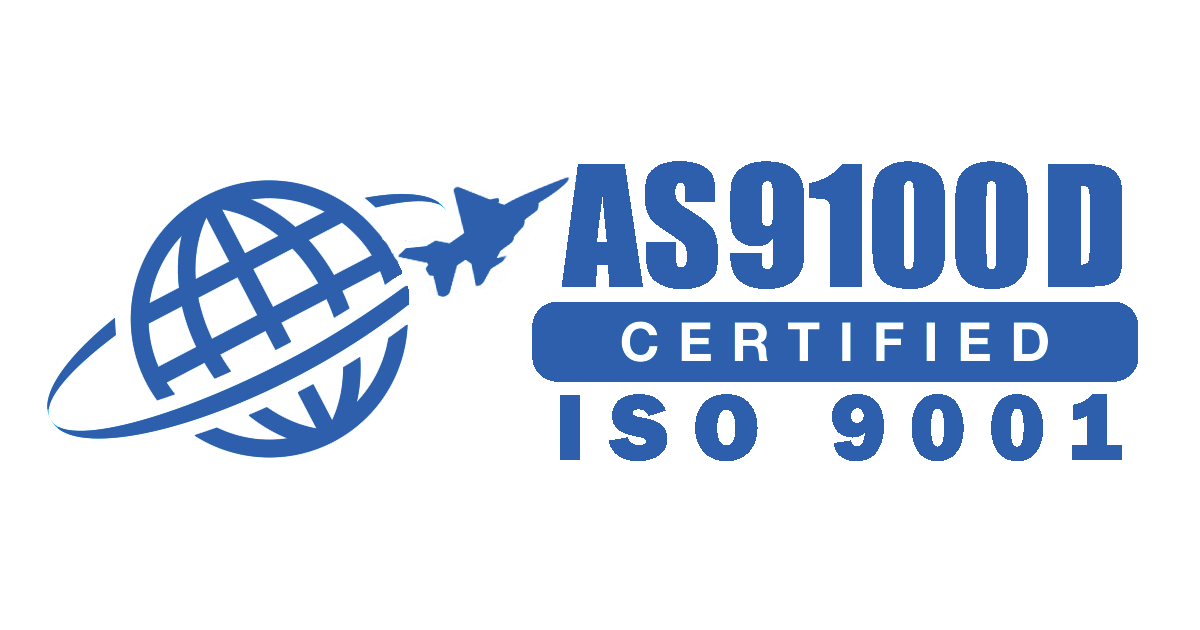Aerospace and defense organizations are known for maintaining high standards and strict requirements, particularly when it comes to quality. The quality of each individual part, component, device, and system on a platform can be critical to safety and mission success. Unfortunate events in history, such as the Space Shuttle Challenger disaster caused by an O-ring failure, prove this point and emphasize the importance of upholding stringent quality standards. 
Aviation, space, and defense original equipment manufacturers (OEMs) and suppliers worldwide endorse, and overwhelmingly require, certification to AS9100 as a condition of doing business with them – and well they should. As a trusted industry partner, Crystal Group makes a point of keeping pace with, and staying in compliance with, this important standard – which has just been revised. In 2018, all Aviation, space, and defense OEMs and suppliers are required to certify to the most current version of the standard, called AS9100 Revision (Rev) D will go into effect, with the objective of continuously improving product quality and safety – and Crystal Group is already AS9100D-certified.
What is AS9100?
AS9100 is an aerospace Quality Management System (QMS) standard that is based on the international QMS standard ISO 9001:2015, and contains additional requirements specific to the aerospace industry.
What is different about AS9100D?
AS9100D focuses on creating value for customers by integrating QMS requirements into the company’s business processes with the goal of efficiently and consistently producing high-quality goods for the aerospace market.
QMS standards are regularly updated to stay relevant to industry needs and adapt to emerging trends. OEMs have until September 2018 to transition from current Rev C to Rev D standards. The revision aligns the AS9100 standard to the newest revision of ISO 9001.
What improvements are in AS9100D?
New with the AS9100D update are significant revisions pertaining to product safety, counterfeit prevention, risk management, human factors, and configuration management, including:
- Providing better understanding of a company’s strengths, weaknesses, and how it creates value for customers;
- Assessing influences between suppliers, regulatory bodies, employees, and other interested parties;
- Establishing new risk-based thinking to identify process risks, and acting to prevent them from being realized;
- Creating specific actions to prevent counterfeit parts from entering supply chains;
- Assuring a heightened focus on product safety;
- Providing specific tools to identify and prevent human error;
- Creating an improved structure for addressing problems using the Plan – Do – Check – Act (PDCA) approach; and
- Establishing a system to identify and act on opportunities for continuous improvement and the desire to exceed customer quality expectations.
With these new guidelines in place, the updated AS9100 accreditation will help companies to produce safer and more reliable products, while managing risks along with quality considerations.
Earning your trust and helping you succeed is always part of the Crystal Group commitment to quality. Insist on compliance to AS9100D and other important standards for critical projects across virtually all industries, particularly safety- and mission-critical applications like those in aviation, space, and defense. Crystal Group’s staff is well versed in industry standards and accustomed to meeting or exceeding strict requirements, so feel free to contact me or your Crystal Group representative with any questions or comments, or to learn more about AS9100 Rev D, ISO 9001, and more.